Women, especially some of them, are the first victims of wars, the Far-Right and the international financial system. All on strike and long live intersectional feminist struggles!
- Dignity Post
- 13-03-2024 06:57
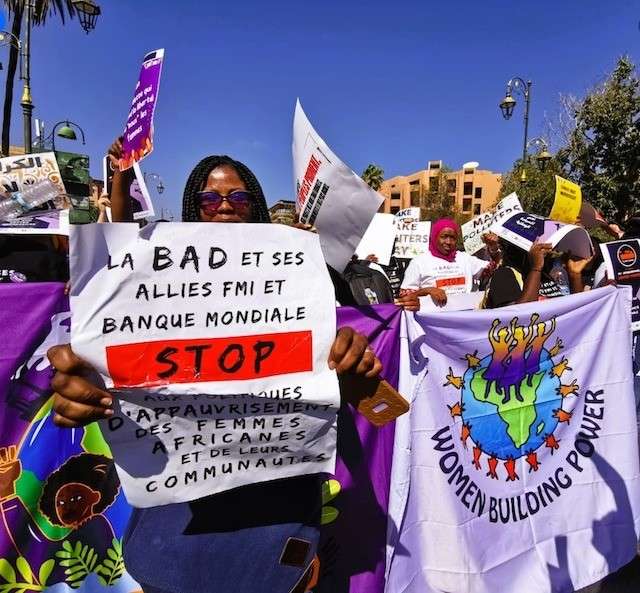
Woman Building Power
Against the backdrop of the multidimensional crisis of capitalism, the tragic turn of the ecological crisis, the rise of the Far Right everywhere, and the increasing number of rapes and murders of women [1] during wars, we must remain mobilized and amplify intersectional feminist struggles.
25,000 women and children have been killed in Gaza since the start of Israel’s genocidal war on 8 October 2023. Since the beginning of Russia’s invasion, some 3,238 women and girls have been killed and 4,872 wounded, and the war has displaced some 4 million people in Ukraine, 56% of whom are women. Médecins Sans Frontières reported 18,000 cases of sexual violence in the North Kivu province (Democratic Republic of Congo) between January and October 2023. Victims of the direct consequences of bombardments such as starvation or lack of health care, women suffer all kinds of gender-based violence. What’s more, the migration crisis particularly affects women, increasing their oppression and exploitation.
As the Far right is extending its influence everywhere, reactionary demands jeopardize women’s rights, such as access to abortion,. In the United States, for example, the Roe v. Wade judgment was repealed by the Supreme Court in June 2022, removing the federal right to abortion and leaving each state free to rule on the issue individually. Since then, 14 states have banned access to abortion. As a further example, Javier Milei, elected President of Argentina in November 2023, is taking a hard line on women’s rights. He also wants to repeal the law legalizing abortion.
Moreover, neoliberal capitalism, which has been gaining ground since the 1980s, affects women in specific ways. International financial institutions such as the International Monetary Fund (IMF) and the World Bank impose austerity policies through debt, both in the North and in the South. These policies have a specific impact on women as they compensate for the withdrawal of the State by working for free (childcare, care of the elderly, etc.) and doubly bear the brunt of deteriorating public services: they cannot rely on them any more and they are a majority among workers. In the North, non-white women are particularly affected by these measures, as they are at the crossroads of racist and patriarchal systems of domination.
In the South, particularly in Africa and South Asia, microfinance institutions are constantly expanding. They often impose insane interest rates (up to 200% in Sri Lanka). Women debtors are under pressure from creditors, who sometimes drive them to suicide. What’s more, in some countries like Sri Lanka, the influence of these institutions has led to a ban on community and solidarity lending between women.
Women are also the main producers of basic commodities in developing countries. They are heavily impacted by climate change and destructive agribusiness.
In recent years women have clearly been at the forefront of vast mass protest movements and popular uprisings against the established order, exploitation, violence and racism. They are also at the forefront of environmental and peasant battles, in defense of land and water, human rights and against repression.
Against this backdrop of clear attacks on women’s rights, the CADTM International network is more mobilized than ever. Recently, CADTM Africa’s feminist coordination organized a women’s capacity-building seminar in Yaoundé, Cameroon. Among the demands expressed by the 38 participants were the following:
![]() To federate and organize actions around the fight for the cancellation of illegitimate debts and against extractivism, emphasizing their impact on women.
To federate and organize actions around the fight for the cancellation of illegitimate debts and against extractivism, emphasizing their impact on women.
![]() Fight for feminist audits of debt and mega-projects financed by international financial institutions.
Fight for feminist audits of debt and mega-projects financed by international financial institutions.
![]() Listen to what women have to say and take their needs into account
Listen to what women have to say and take their needs into account
![]() Demand reparations for the damage caused to populations, and to women in particular, as a result of the implementation of development projects with negative impacts on the living conditions of local communities.
Demand reparations for the damage caused to populations, and to women in particular, as a result of the implementation of development projects with negative impacts on the living conditions of local communities.
![]() Denounce abusive microfinance, which exacerbates poverty, and the harassment of women by microfinance institutions, and develop alternatives: interest-free or very low-interest loans for marginalized populations.
Denounce abusive microfinance, which exacerbates poverty, and the harassment of women by microfinance institutions, and develop alternatives: interest-free or very low-interest loans for marginalized populations.
The fight goes on!
Source: www.cadtm.org

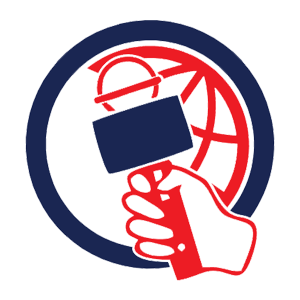
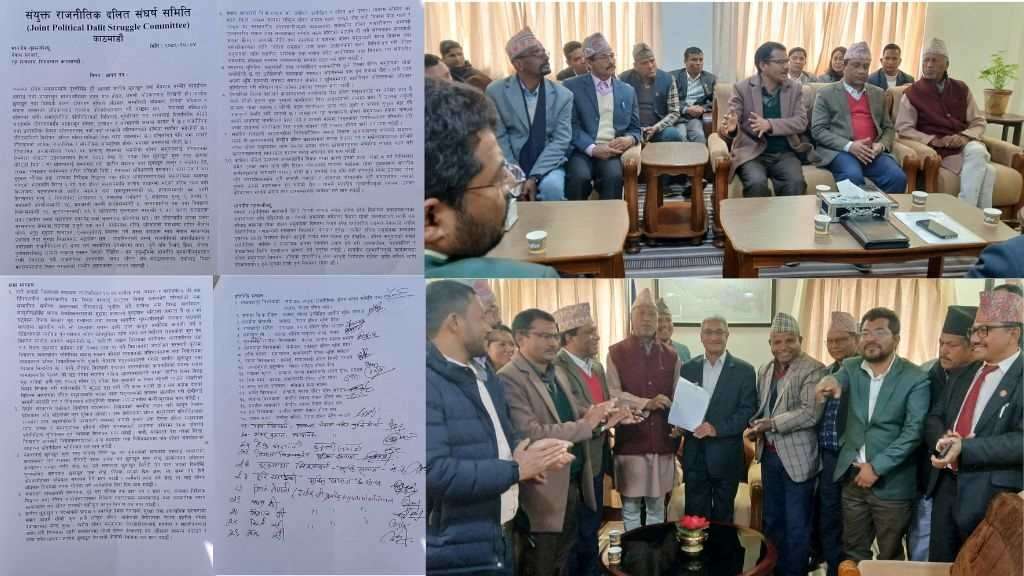
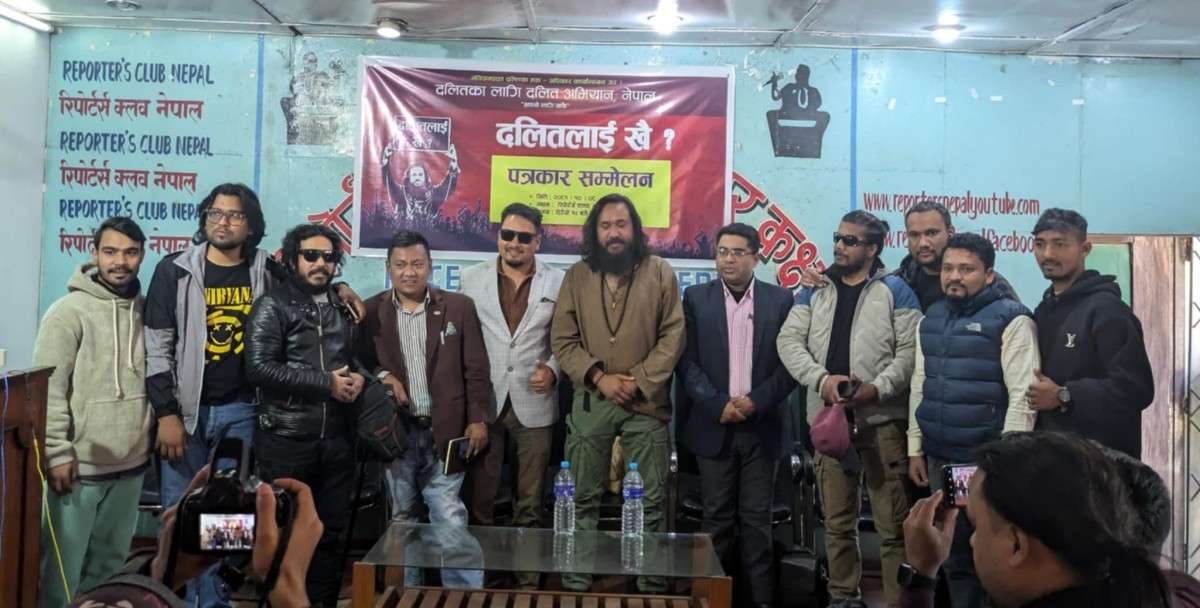
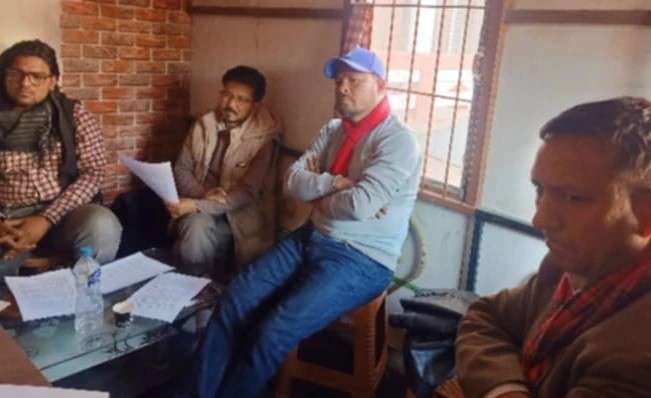

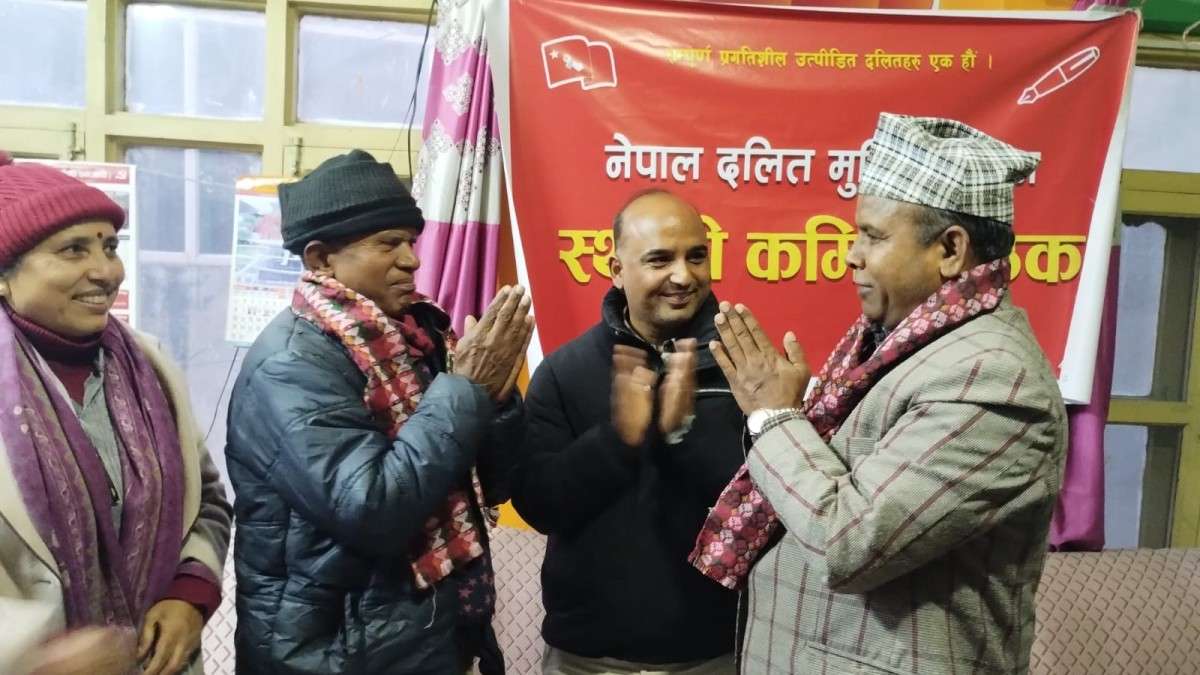
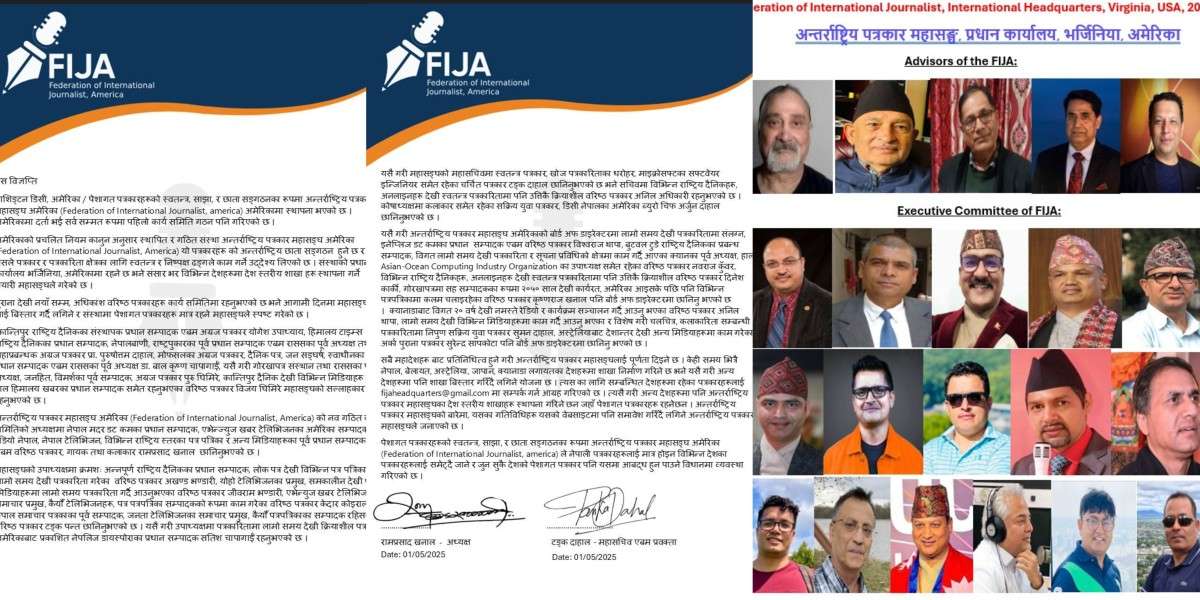



Conversation